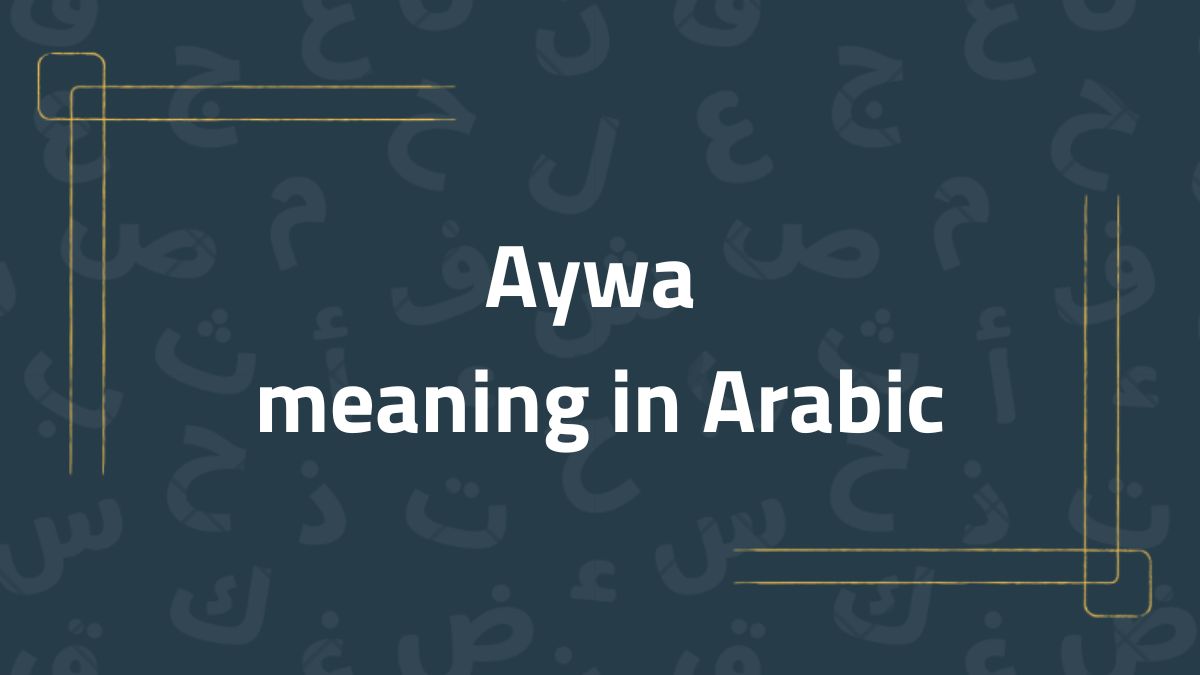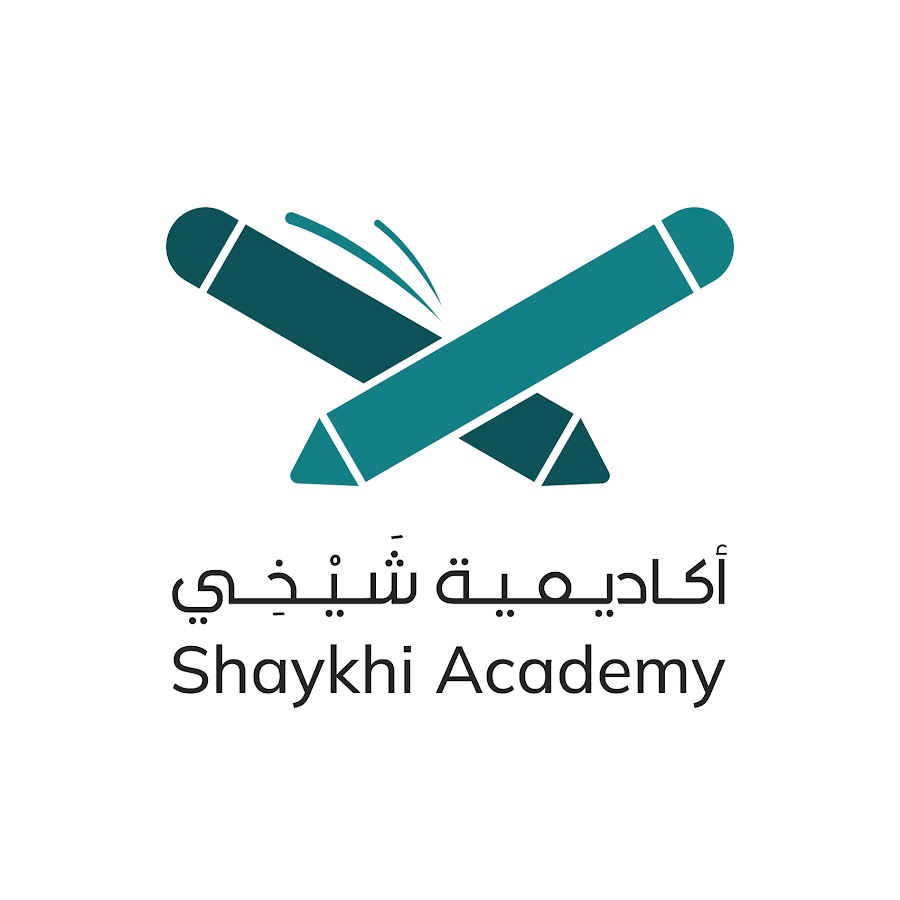The Word "Aywa" Meaning in Arabic With Examples

The Arabic word “aywa” (أيوا) is a common term used in spoken Arabic. It is an informal way to say “yes” or to agree with someone. Many Arabic learners hear this word in daily conversations, especially in Egyptian and Levantine dialects. This article explains the meaning, usage, and cultural significance of “aywa” in Arabic.
The Meaning of “Aywa” in Arabic
“Aywa” translates to “yes” in English. It is widely used in colloquial Arabic but not in formal writing or Classical Arabic. The pronunciation is “ay-wa” (أيوا). Unlike the formal Arabic word for “yes” (“na’am” – نعم), “aywa” is casual and often used among friends and family.
Linguistic Root and Grammatical Usage
“Aywa” does not come from a traditional Arabic root. Instead, it is a colloquial expression used in dialects. It does not change based on gender or number. In formal Arabic, “na’am” is the correct term for “yes,” but “aywa” is more common in spoken dialects like Egyptian and Levantine Arabic.
Examples of “Aywa” in Arabic Sentences
-
Question: هتجي النهاردة؟ (Will you come today?)
Answer: أيوا، هاجي. (Aywa, haji.) – Yes, I will come. -
Question: بتحب القهوة؟ (Do you like coffee?)
Answer: أيوا، بحبها. (Aywa, bahebba.) – Yes, I like it. -
Question: خلصت الشغل؟ (Did you finish the work?)
Answer: أيوا، خلصته. (Aywa, khalastu.) – Yes, I finished it.
Cultural or Quranic Significance of “Aywa”
“Aywa” is not found in the Quran or formal Arabic texts. It is strictly a spoken word in dialects. The Quran uses “na’am” or “bala” (for emphasis) to mean “yes.” However, “aywa” is important for learners who want to understand everyday Arabic conversations.
Common Misunderstandings or Mistakes
Some learners confuse “aywa” with similar-sounding words like “aiwa” (another dialectal variation) or “ayy” (a slang expression). Others mistakenly use “aywa” in formal settings, where “na’am” is more appropriate.
Why You Should Learn “Aywa”
Learning “aywa” helps in understanding casual Arabic conversations. It is useful for travelers or those interacting with native speakers in Egypt, Lebanon, or other Arab countries. While not formal, it is a key word in spoken dialects.
Conclusion
“Aywa” is a simple but important word in Arabic dialects, meaning “yes.” It is not used in formal Arabic or the Quran but is common in daily speech. Knowing “aywa” improves communication in casual settings and helps learners sound more natural in conversations.
Discover the Quran and Arabic with Shaykhi Academy
We highly recommend Shaykhi Academy for anyone seeking to learn the Quran and Arabic with excellence. The academy is known for combining expert teaching with a compassionate approach, making it a top choice for students worldwide who want to connect deeply with the words of Allah.
At Shaykhi Academy, you’ll find highly qualified teachers who specialize in guiding learners of all ages and levels. Whether you’re just beginning your journey with Arabic letters or aiming to master Tajweed and Quran recitation, their personalized lessons ensure steady progress at your own pace.
With engaging classes, flexible scheduling, and a focus on both spiritual and linguistic growth, Shaykhi Academy makes learning both enjoyable and impactful.
Watch a sample class below to see Shaykhi Academy in action:
Learn Arabic, Quran, And Tajweed With Free Trial!
Make your home a place of faith, understanding, and connection with the Quran. Whether you're starting from scratch or deepening your knowledge, Shaykhi Academy is here to guide you — step by step. ✅ Tailored for all ages ✅ Clear, structured learning ✅ Flexible online sessions ✅ Book your free trial session now!
Learn More
